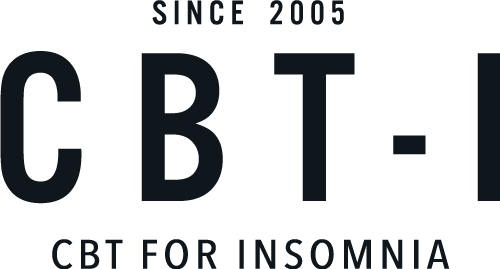Evening Types Have Greater Health Risk and COVID-Related Sleep and Mental Health Problems
Evening types, known as “owls”, have been associated with poorer sleep and mental health than morning types, or “larks”. A new study in the journal Sleep examined differences in sleep and mental health between morning and evening types globally before and during the COVID-19 pandemic.
The sample collected between May and August 2020 across 12 countries/regions consisted of 19, 267 adults with information on whether they were morning or evening types. The results indicated that evening types had poorer mental health, well-being, and quality of life or health than morning types during the pandemic. Sleep problems increased in all circadian types, but especially among evening types. Morning types were the least vulnerable to sleep changes and sleep problems.
These findings indicate an alarming increase in sleep and mental health problems, especially among evening types compared to morning types, during the pandemic.
Because evening types have previously been shown to also exhibit a higher risk of cardiovascular and metabolic disorders, a related study in the same issue of Sleep investigated the association between morning and evening types and biomarkers of cardiac and metabolic disorders in 2500 subjects. The results indicated that evening type, but not morning type, was positively associated with insulin resistance and cardiovascular risk. These results may guide future research in the relation between evening types and cardiometabolic disorders.
